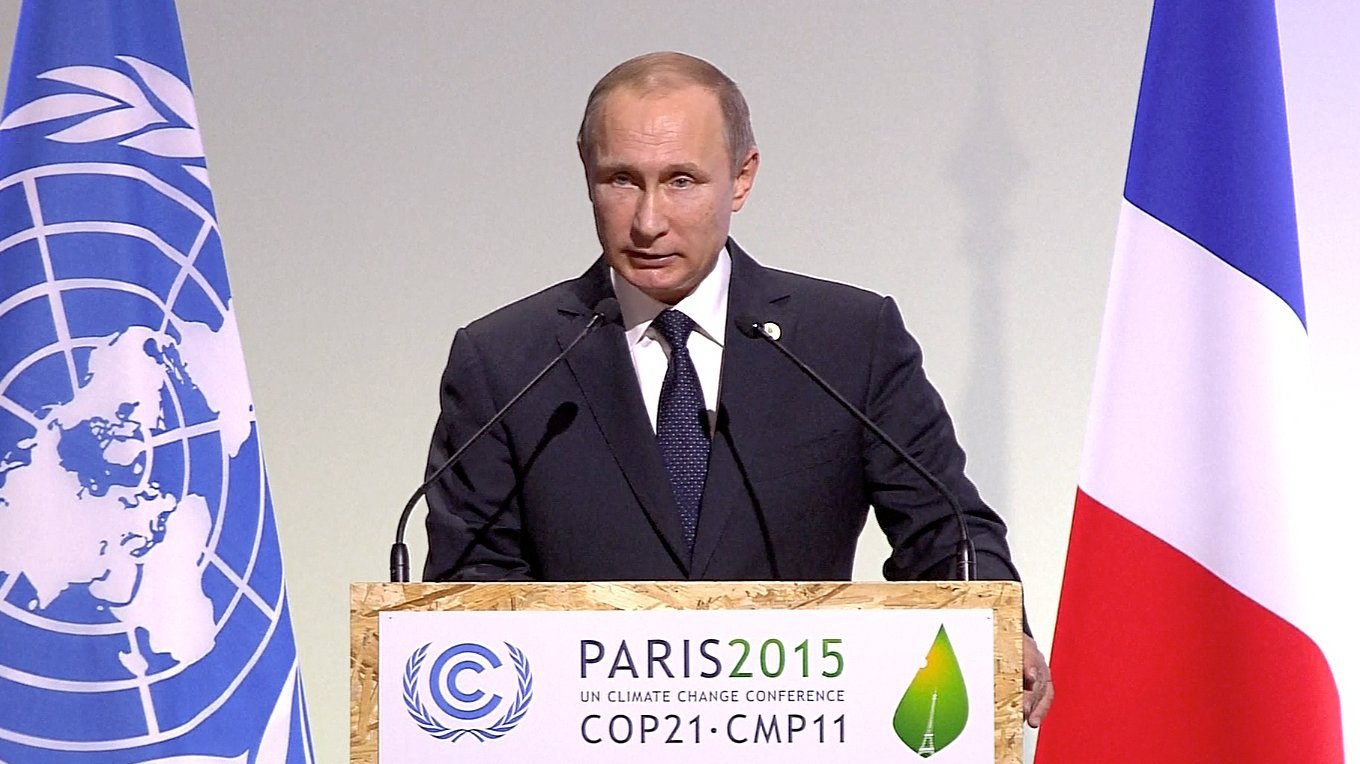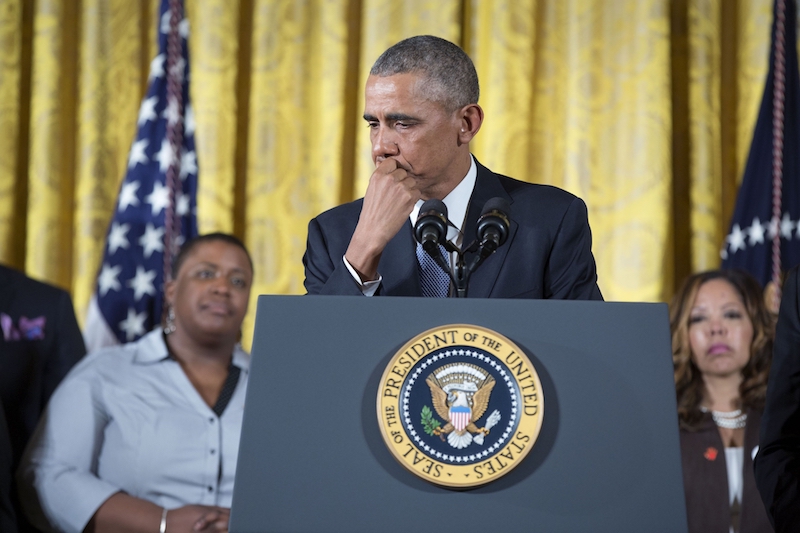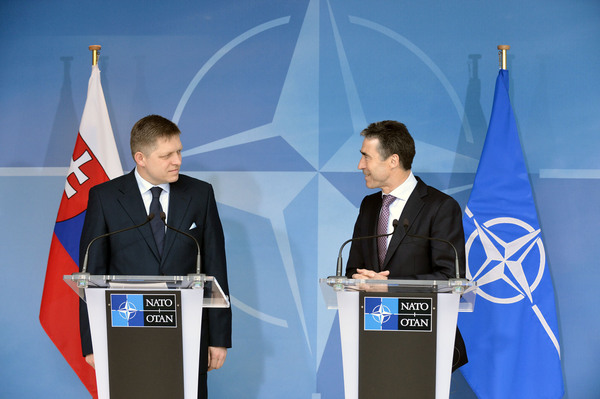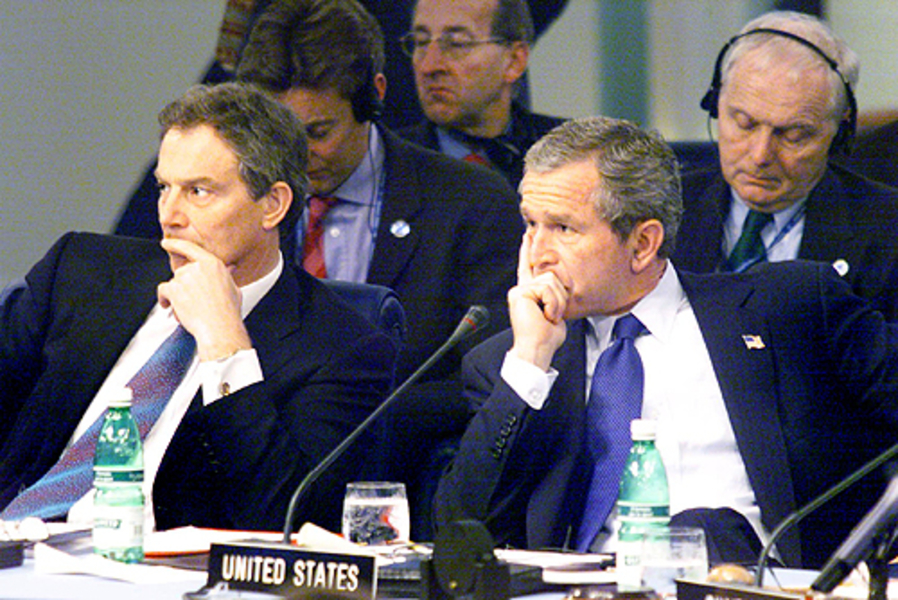The Paris Climate Agreement represents a milestone in global action to combat environmental degradation. The comprehensive treaty incorporates an unprecedented pledge to curb carbon emissions and adopt sustainability goals for both developing and developed nations. One of the main goals of the agreement has already been reached: push enough countries to ratify the treaty so that 55% of global greenhouse gas emissions are covered. So far, 125 individual countries have ratified. This accomplishment has secured the designated emissions coverage.
China and India are examples of major emitters but also newly industrialized countries who have previously been reluctant to enter global climate agreements. Developing nations often fear that participation in environmental agreements might become an impediment for domestic economic growth and sociopolitical advancement. The notion might now be outdated as China, India, and Brazil, along with many other developing countries, have recently chosen to ratify the Paris Agreement. Wealthy nations such as the US and the EU member states have done the same. However, one particular big player is absent from the list of supporters: Russia.
The significance of ratification is rooted in a country’s intent to become more strictly bound to the terms stipulated by the treaty. A signature includes an obligation to act in accordance with the purpose and objectives of the treaty. A ratification on the other hand entails a legal aspect, which inherently holds a higher degree of accountability and responsibility.
President Barack Obama and his Chinese counterpart President Xi, the leaders of the world’s biggest greenhouse gas emitters, announced together in September 2016 that their countries will ratify the Paris Agreement. The Brazilian government solidified its commitment to the treaty a week later, hoping that a formal ratification by Latin America’s largest polluter and economy would induce other countries on the continent to follow its lead.
Both India and the parliament of the EU declared in October that they have joined the league of ratification. The collective effort by, so far, 125 countries to ratify the Paris Agreement signifies a joint recognition of the severity of climate change implications. To a certain extent, it further manifests that the institutionalization of fighting global warming might provide effective ammunition for mitigating its harmful repercussions.
This being said, it is interesting to consider why all of the big players on the international arena have taken a step towards ratification except Russia. As the world’s fifth largest emitter and undoubtedly a superpower in today’s global affairs milieu, Russia has so far not speeded up its ratification process nor set a deadline for it to happen. Russian representatives have affirmed that the country needs more time to craft a feasible strategy for decreasing its dependency on carbon and fossil fuels, without hurting its economy. There are allegedly a large group of ministers and senior officials in Russia who advocate a faster ratification. However, they face strong opposition from private business constituents, particularly from the steel and coal industries. These businesses are backed up by other influential actors and lobby groups who hold a high degree of political leverage.
The sanctions that were imposed upon Russia after the Crimea annexation have put heavy constraints on the Russian economy. The annexation of Crimea caused many international donors to cut their financial support for emission reduction programs in the country. Moreover, the ongoing military convulsions in Syria have occupied a large portion of the political agenda in Russia, undermining the essence of environmental policy making. Amid the domestic and international controversies, Russia does speak in favour of the inauguration of the Paris treaty and aims to position itself as an eager participant in global climate efforts. Senior Russian politicians claim that one of the main reasons they have not yet ratified the Paris Agreement is because they need more time to closely examine its socioeconomic ramifications.
The Paris treaty calls for wealthy economies to provide financial assistance and logistical support for the developing world. Such efforts will help poorer countries to adapt and respond to climate change effects. The question becomes whether the rich countries are enthusiastic to cooperate in a similar way with Russia or instead resort to coercive strategies?
Even if Russia were to admit that the country lacks adequate administrative capacity to combine economically viable and environmentally friendly policies, it is not given that the Western community is keen on lending a helping hand. Suppose that the US and the EU, among other influential ratified countries, explicitly stated their interest to help Russia become less carbon dependent. Due to the strained relations between the West and Russia, it is possible that President Putin and his regime perceive the help as artificial or suspect it has a hidden agenda.
Despite a promising beginning for the Paris Agreement, its success will not depend on an official inauguration, but on the individual governments’ dedication to fulfill their commitments to the climate treaty. Currently, there seems to be a lack of dedication in Russia.
Photo: Vladimir Putin at the 2015 Paris Climate Change conference (2015), courtesy of the Russian government via en.kremlin.ru. Public Domain.
Disclaimer: Any views or opinions expressed in articles are solely those of the authors and do not necessarily represent the views of the NATO Association of Canada.




